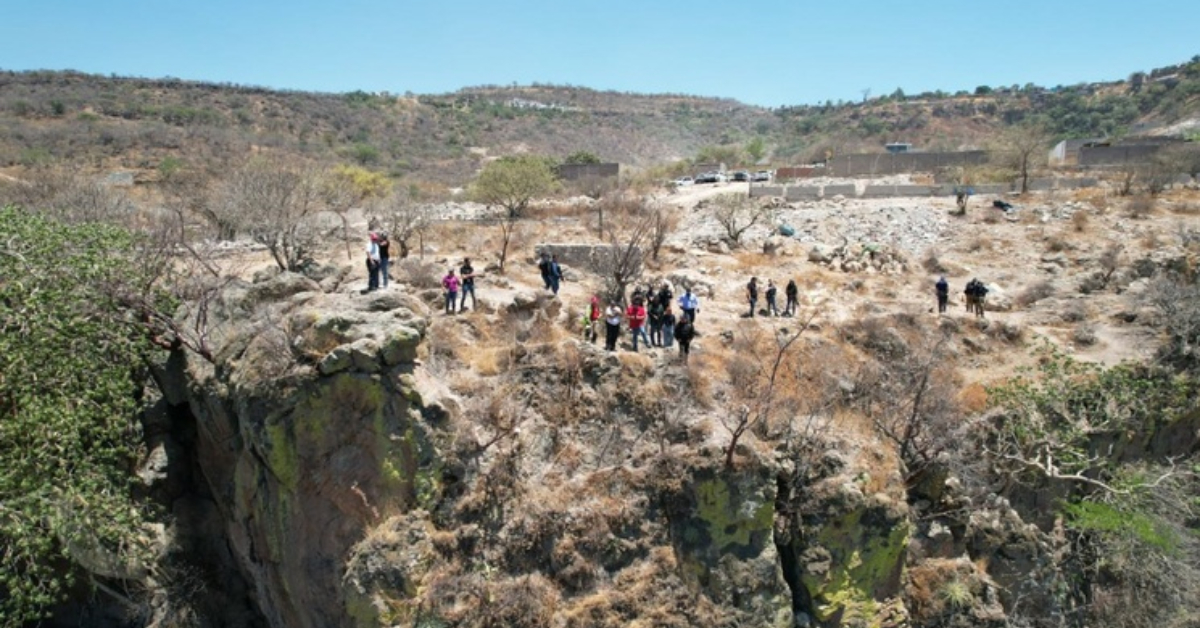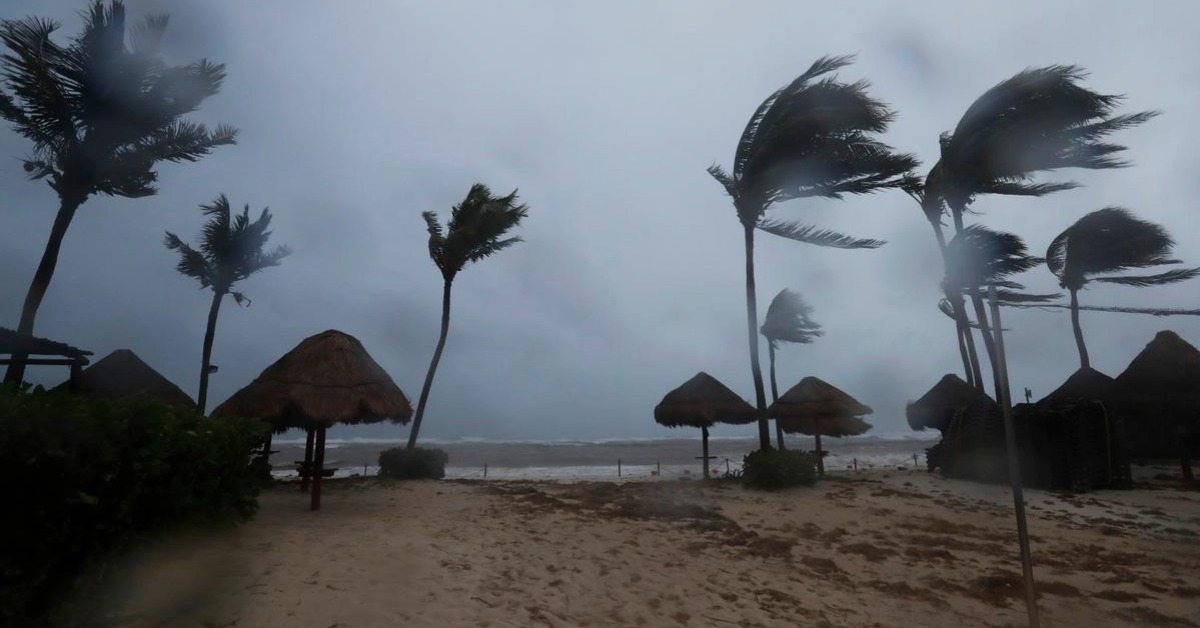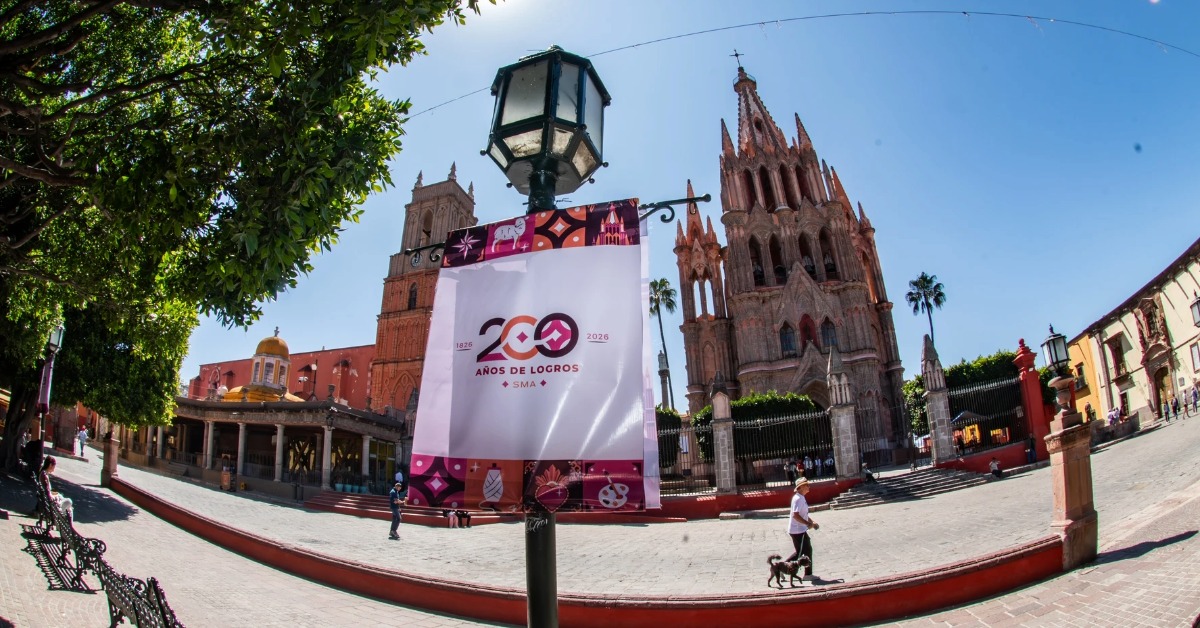PUERTO VALLARTA (PVDN) - More than a week after the initial disappearance of eight young workers at a call center in Zapopan, Jalisco, the case continues to be shrouded in mystery, leaving families distraught and demanding answers. The Jalisco Prosecutor's Office has made little progress in the investigation, according to the relatives of the missing individuals.
Last Thursday, investigators found the remains of bodies at the bottom of the Huentitán Ravine, west of Guadalajara, near where the workers vanished. Preliminary reports confirmed that these remains belonged to some of the missing persons. No further details were . . .






